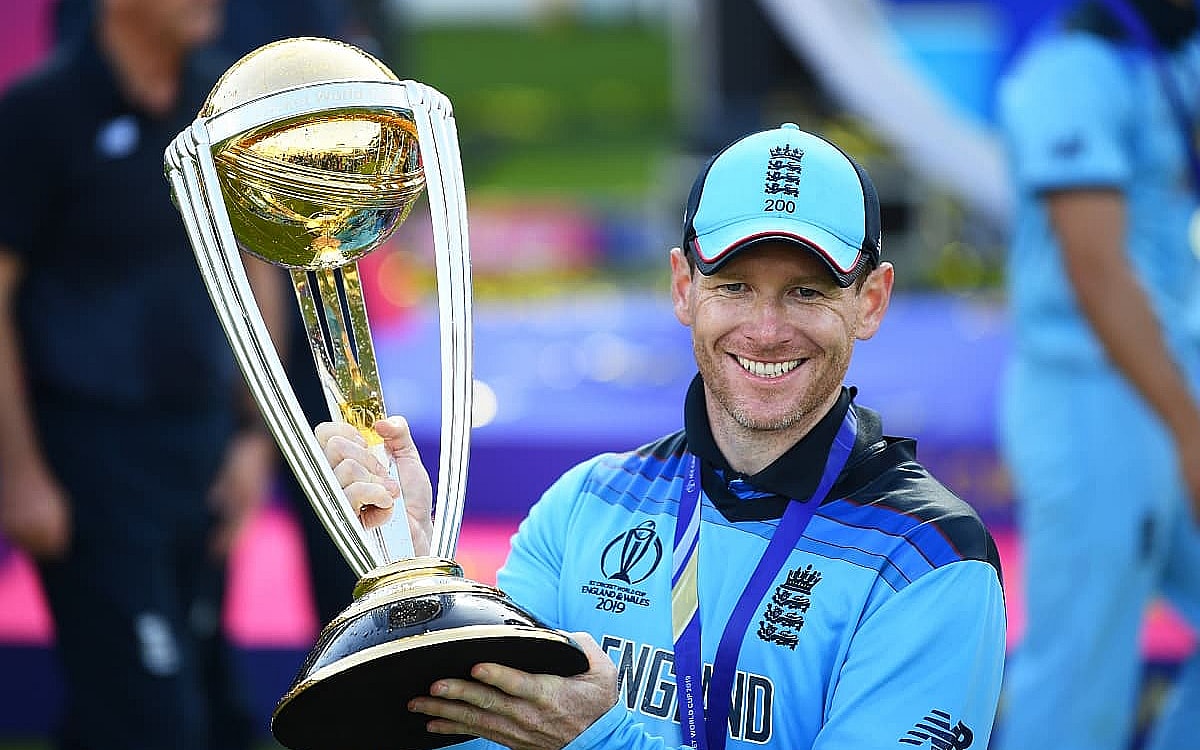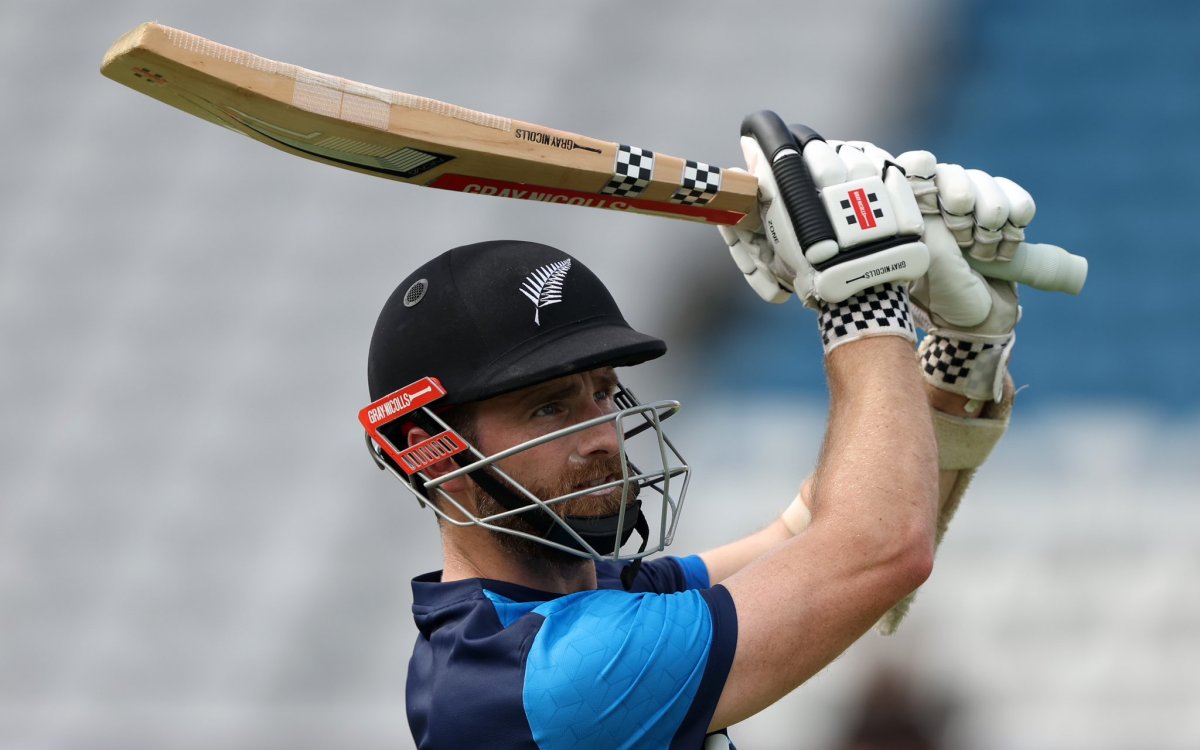The ICC Cricket World Cup is a prestigious global cricket event held every four years, featuring top cricketing nations competing for the highest honors on the world stage. Across the eleven editions of the Cricket World Cup held to date, Australia has been the most victorious team, securing the title five times. India and West Indies have each won twice, whereas Sri Lanka and Pakistan have one title apiece.
While representing one's nation at the World Cup is a universal aspiration for international players, historical instances exist where the same player has competed for two distinct countries in different editions of the Cricket World Cup.
Here are four players who have represented two different teams in the history of the World Cup:
#4 Eoin Morgan (Ireland – 2007, England – 2011, 2015, and 2019)
Eoin Morgan, known for his Irish heritage and English allegiance, has represented both Ireland and England in the Cricket World Cup. Born in Dublin, the left-handed batsman began his international career with Ireland.
He made his World Cup debut for Ireland in 2007, participating in nine World Cup matches for them. Subsequently, Morgan switched his allegiance to England in 2009.
His exceptional batting abilities earned him a spot in England's 2011 World Cup squad. He later took over as the team's captain before the 2015 ICC World Cup and is currently leading the English side in his second World Cup as the team captain.
#3 Ed Joyce (England – 2007, Ireland – 2011 and 2015)
Ed Joyce, a left-handed opener, had the unique experience of representing both Ireland and England in the Cricket World Cup. He began his World Cup journey with England in 2007, where he performed reasonably well, notching up two half-centuries.
Following his stint with England, Joyce decided to play for his homeland, Ireland. He proudly wore the Irish jersey in the 2011 and 2015 World Cups. Ed Joyce played a pivotal role in the development of the Irish cricket team.
His memorable 84-run inning against the West Indies in the 2015 World Cup stands out as it helped Ireland successfully chase a 300+ target. He also achieved his first-ever World Cup century in the same tournament during Ireland's group match against Zimbabwe. Joyce remains one of Ireland's cricketing greats in international cricket.
#2 Anderson Cummins (West Indies – 1992 and Canada – 2007)
The player who was awarded the 'man of the match' title in the 1992 World Cup match between India and West Indies, Anderson Cummins, took everyone by surprise when he made a comeback to the ICC World Cup in 2007 as a part of the Canadian team.
Cummins initially entered the World Cup scene with West Indies in 1992 and had a reasonably successful run in his first World Cup, amassing 12 wickets for the West Indies.
Afterward, he had a stint with Durham in 1993 and 1994. However, the unexpected twist in his career occurred when he returned to the World Cup, this time wearing Canada's colors, at the age of 40.
Unfortunately, Canada's campaign in the 2007 World Cup was short-lived, and Cummins had limited opportunities, featuring in only three matches before their exit from the tournament. During this brief stint, he managed to take two wickets before concluding his World Cup career with Canada.
#1 Kepler Wessels (Australia – 1983 and South Africa – 1992)
Kepler Wessels, a left-handed batsman born in South Africa, found himself making his debut in the Cricket World Cup for Australia due to his native country's international cricket ban. He had a brief stint, playing just three matches for the Australian side in the 1983 World Cup.
However, when the ban on South Africa was lifted, and they qualified for the 1992 World Cup, Wessels made the transition to the South African team. He marked his World Cup debut for South Africa in a match against Australia.
Also Read: LIVE Score His impressive performances in the tournament contributed to the Rainbow Nation's journey to the semifinals before they were eliminated due to rain. This match against Australia turned out to be Kepler Wessels' final appearance in the World Cup.



